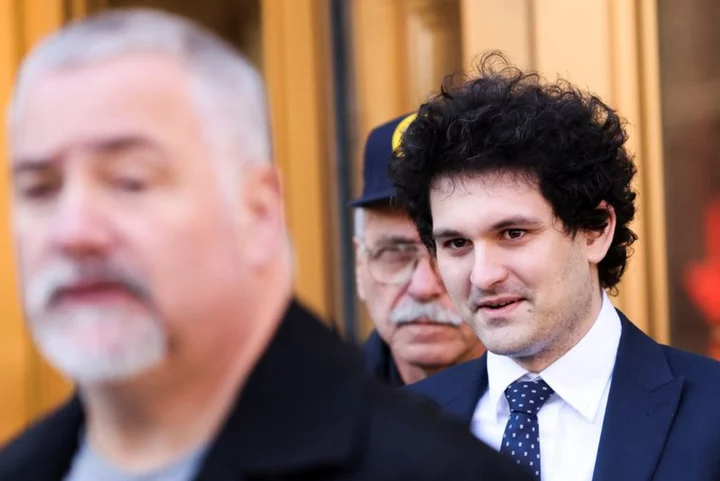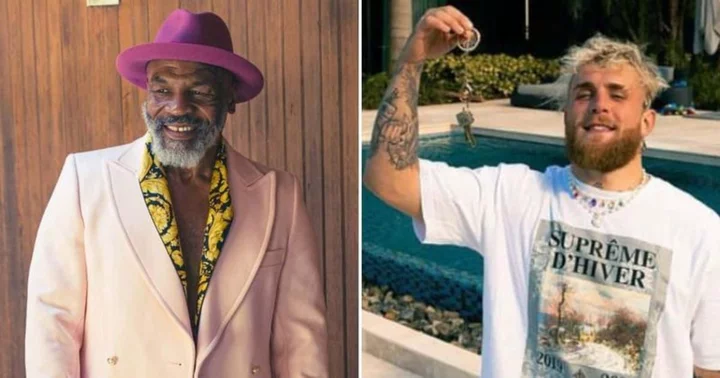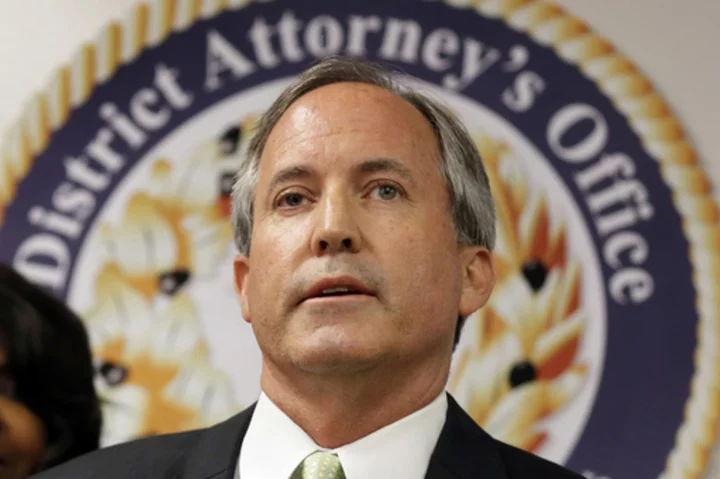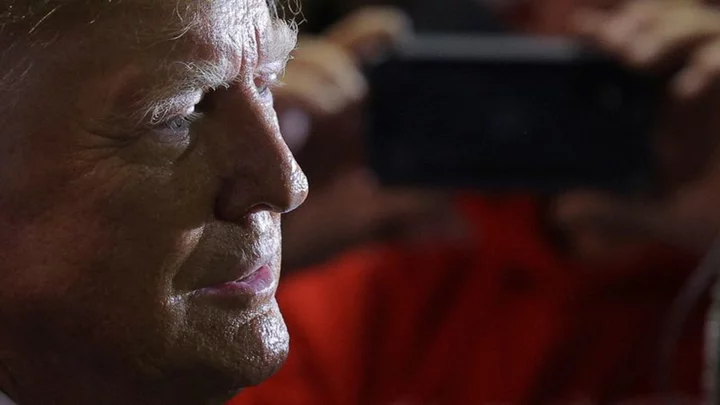By Luc Cohen
NEW YORK (Reuters) -A Bahamas court on Tuesday temporarily barred the country's government from agreeing to let U.S. prosecutors pursue part of their criminal case against Sam Bankman-Fried, the indicted founder of now-bankrupt cryptocurrency exchange FTX.
Last month, U.S. federal prosecutors in Manhattan said they would drop five charges of foreign bribery, bank fraud and conspiracy against the one-time billionaire if the Caribbean nation did not agree to them.
Those charges were not in Bankman-Fried's initial eight-count indictment last December, which focused on the collapse of FTX the previous month, but they were added after his extradition. FTX was based in the Bahamas.
The Bahamas Supreme Court said the country's foreign affairs minister and attorney general could not consent to the new charges until Bankman-Fried had a formal chance to object.
Justice Loren Klein wrote that issues Bankman-Fried has raised had "a reasonable prospect of success."
The decision could prolong uncertainty over whether Bankman-Fried's scheduled Oct. 2 trial will cover all 13 charges he faces. Bankman-Fried, 31, has pleaded not guilty.
In papers filed late Monday in Manhattan federal court, Bankman-Fried's lawyers said a sixth charge alleging U.S. campaign finance violations should also be dismissed because the Bahamas did not consent to it.
His lawyers want the six charges dismissed, or tried separately from charges of stealing from customers and lying to investors and lenders.
"To proceed otherwise would cause significant prejudice to Mr. Bankman-Fried and should not be permitted," the lawyers wrote.
A spokesman for the U.S. Attorney's office in Manhattan declined to comment on Tuesday.
An extradition treaty between the United States and the Bahamas says a country must consent before defendants can be tried on charges brought after their extradition.
Bankman-Fried has also said some of the original charges rely on a fraud theory known as "right to control" that the U.S. Supreme Court last month declared invalid.
Under that theory, a defendant can be convicted for depriving someone of economically valuable information, not just tangible property.
Prosecutors have said that theory does not apply in Bankman-Fried's case.
U.S. District Judge Lewis Kaplan is expected to hear arguments on Thursday.
(Reporting by Luc Cohen in New York; Editing by David Gregorio)









